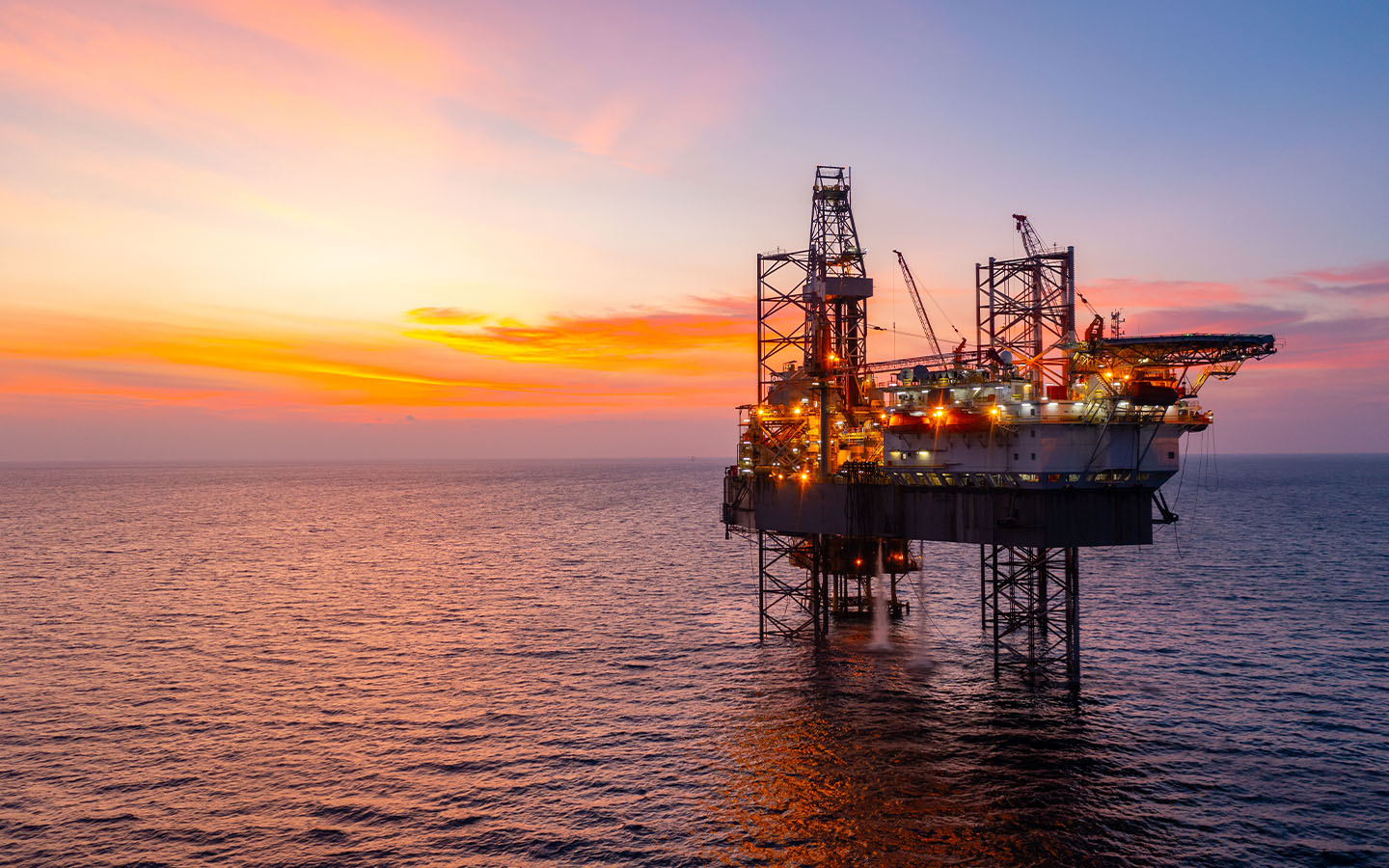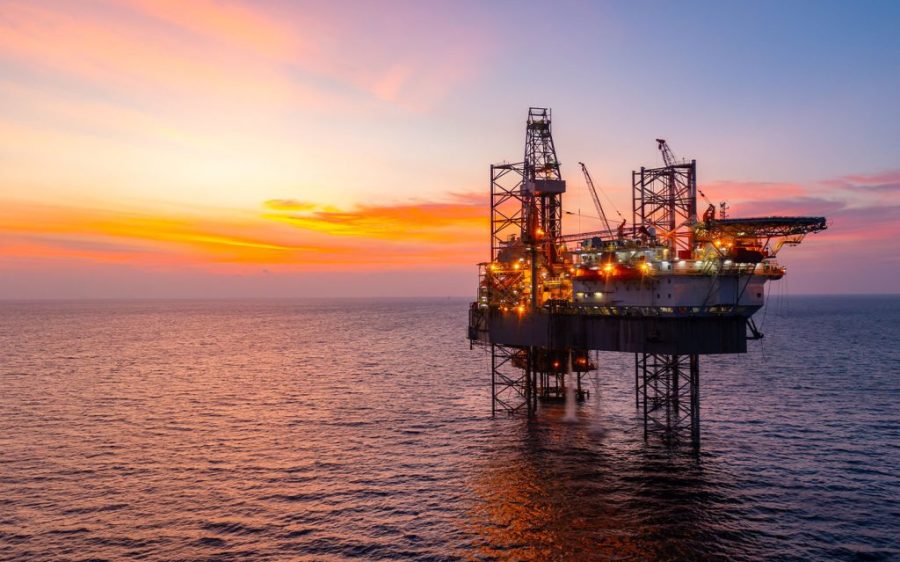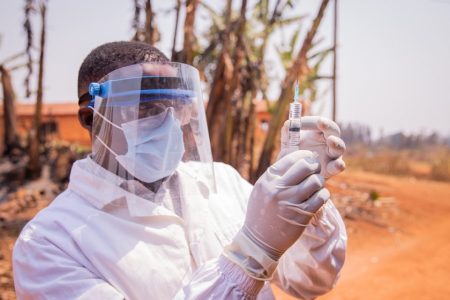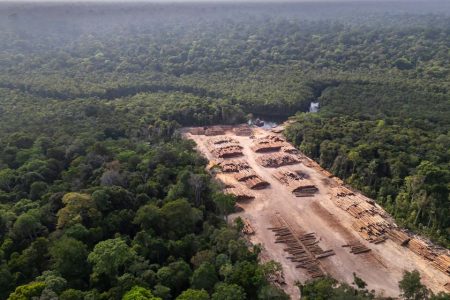Brazil has added an area the size of Germany to its seabed jurisdiction following a decision by a United Nations’ agency, reports South Atlantic news agency MercoPress.
The UN Commission on the Limits of the Continental Shelf (CLCS) published the decision on 26 March, recognising a 360,000-square-kilometre area of Atlantic Ocean seabed and subsoil as belonging to Brazil. Previously unclaimed by any country, the stretch of continental shelf is known as the Equatorial Margin – the same name given to the recognised 200-nautical-mile maritime boundary of Brazil.
The newly approved area extends much further, reaching up to 350 nautical miles from coastlines Amapá and Pará, Brazil’s northernmost states. The effort to expand Amazônia Azul, the name given to Brazil’s jurisdictional waters and continental shelf, was spearheaded by the Brazilian Navy and state-owned oil company Petrobras, which provided most of the funding for the marine expeditions, specialised software and teams of geophysicists, geologists and other experts that underpinned the successful bid. A previous bid, made in 2004, failed.
“We recognize the importance of expanding the maritime area for Brazil,” Sylvia Anjos, director of exploration and production for Petrobras, said in a company statement. “Besides strengthening the country’s sovereignty, it allows access to the resources present there.” The resources include oil and gas, as well as polymetallic nodules.
Petrobras is seeking licenses from environmental regulator IBAMA to begin exploration of oil fields within the old Equatorial Margin, the 200-mile limit already under Brazil’s jurisdiction.
[See more: Portuguese-speaking countries push to extend their maritime boundaries]
Despite making environmental protection a cornerstone of his administrative agenda, President Luiz Inácio Lula da Silva has given support to the project, which has been roundly condemned by environmental experts for endangering the central river that feeds the Amazon rainforest.
An oil spill at the mouth of the Amazon River, the largest and one of the longest rivers in the world, would have devastating impacts on coastal and inland waters – one that experts doubt Petrobras could contain.
Meanwhile polymetallic nodules, the other major marine resource, may prove critical to the transition away from fossil fuels. These deep-ocean concretions form layers of iron and manganese hydroxides around a core, absorbing metals like nickel, cobalt, copper, titanium and rare earth elements along the way. The potential for mining such nodules for key metals used in batteries and other clean energy technologies is vast, but much like oil drilling, it carries high risk for environmental hazards.
Researchers have identified at least a dozen ways that deep-sea mining could damage ocean ecosystems, from destroying habitat to noise pollution disrupting animal communication and navigation. Removing polymetallic nodules at a commercial scale could also devastate oxygen levels in the deep sea, cutting off production of the “dark oxygen” that these remote ecosystems depend on.
As the debates over extraction continue, Brazil is pushing for its biggest concession yet. The next request to be reviewed by UN adjudicators involves the Southern Eastern Margin, a massive 1.5 million-square-kilometre area of seabed and subsoil stretching from São Paulo to Paraíba.






